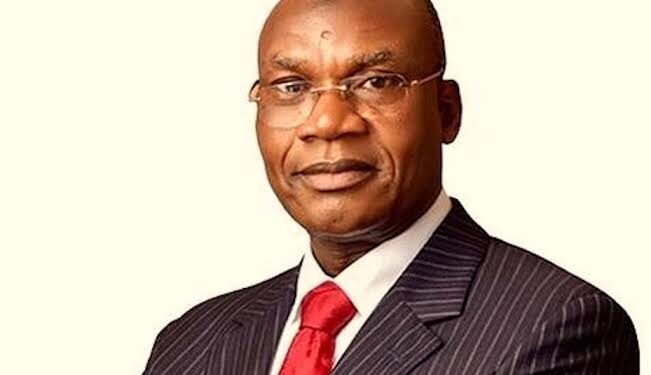In a recent development, the Federal Government has taken a significant step by prohibiting children below the age of 11 from participating in the National Common Entrance Examination. This examination is a prerequisite for admission into Unity Schools across the nation.
The government has also directed the National Examination Council (NECO) to implement stringent measures to prevent underage individuals from registering for the exam. One of the key requirements will now be the submission of a birth certificate during the registration process.
Mr. David Andrew Adejo, the Permanent Secretary of the Federal Ministry of Education, issued this directive while overseeing the 2023 Common Entrance Examination across 110 Federal Government Colleges nationwide. The examination saw a participation of 72,821 candidates.
Adejo emphasized that a candidate should be at least 12 years old to be eligible for secondary school entry. He highlighted the concern of underage candidates sitting for the exam and stressed that children under the age of 11 are not suitable candidates due to their cognitive and developmental stage.
He urged parents to consider the long-term implications of pushing their children to write exams at an early age, as this can have adverse effects on their overall education and character development. Adejo emphasized that education is about more than just passing exams; it’s about holistic learning and character building.
He acknowledged that education is evolving beyond rote learning and exam-based assessments. It’s now focused on applying knowledge effectively for societal benefits. Adejo stressed that starting formal education at the right age is essential to avoid future difficulties.
In light of these concerns, NECO will now require the submission of birth certificates during registration to ensure the appropriate age criteria are met. This step aims to curb the issue of underage candidates taking the exam.
Furthermore, Adejo noted a positive trend in girls’ education, with a higher number of girls registering for the Common Entrance Examination compared to previous years. This is seen as a fruitful outcome of the collective efforts by the Federal Government and other stakeholders to promote girls’ education.
Professor Dantani Wushishi, the Registrar of NECO, expressed satisfaction with the smooth conduct of the examination and the absence of major issues. The registration count for this year’s National Common Entrance Examination reached 72,821 candidates. Lagos State had the highest enrollment, followed by the FCT, while Kebbi State had the lowest number of registered candidates.
To ensure the integrity of the examination process, NECO will implement measures to address any discrepancies arising from last-minute registration spikes, ensuring fairness for all candidates.
This recent directive by the Federal Government reflects a commitment to ensuring that students are appropriately prepared for the academic challenges ahead and that their educational journey aligns with their cognitive development stages.












